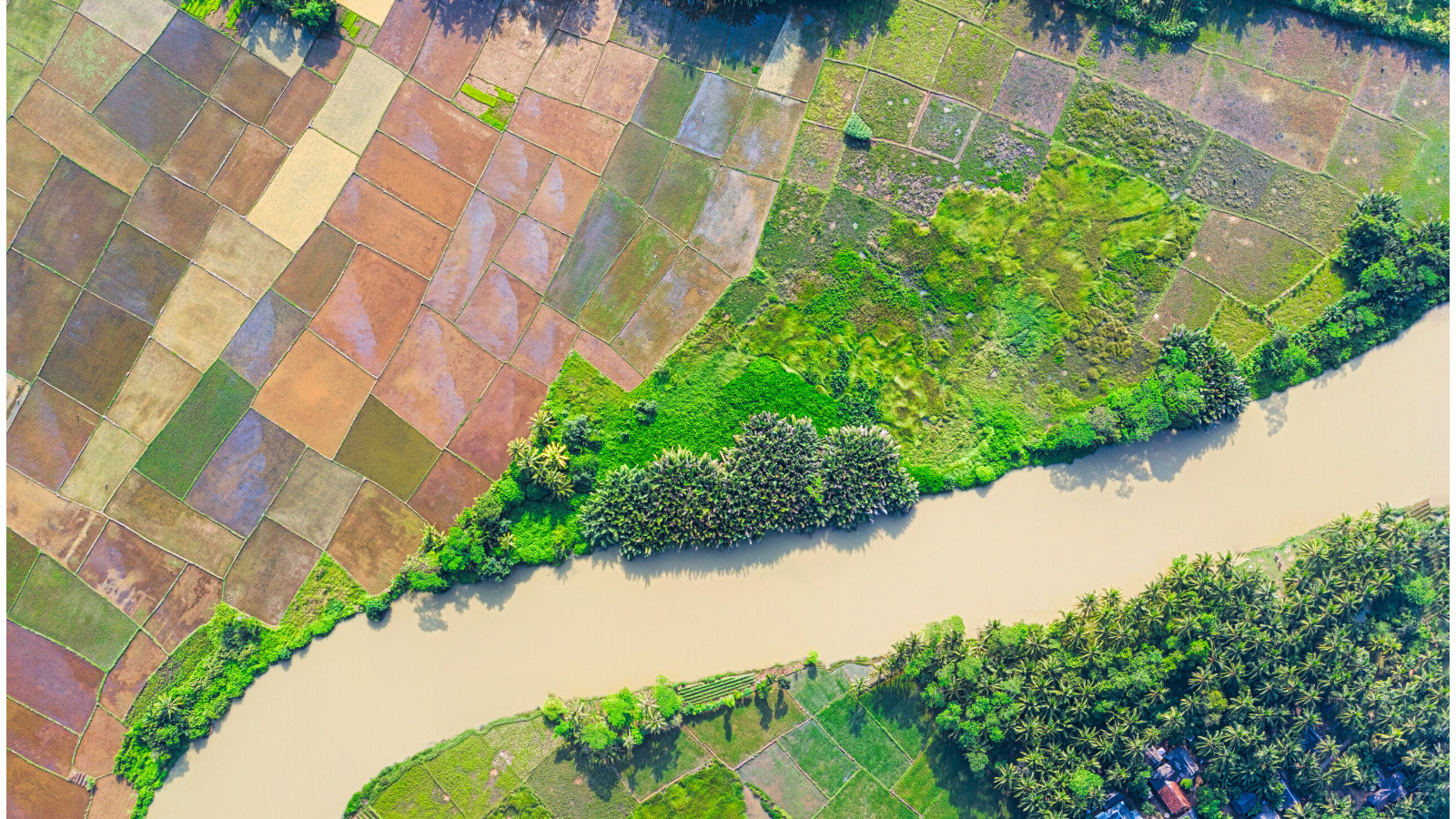Blog / GEOGLAM Secretariat / May 7, 2020


The world is currently facing one of the greatest food emergencies in more than a generation. Globally there is already a high level of food insecurity, with challenges associated with the world’s changing weather and climate conditions. These include everything from floods to drought to one of the worst wave of locusts in Africa in many years. These challenges are not unusual and to some extent occur every year.
What is different in 2020 is the impact that the COVID-19 pandemic is having on the world’s food supply. Measures to slow the spread of the virus are affecting the food supply chain in many ways including the availability of inputs, labour, transport, and cross-border trade. COVID-19 is predicted to amplify the risks already facing the world’s 800 million hungry people. In fact, the World Food Programme has estimated that COVID-19 could almost double the number of people facing acute food shortages in middle and low-income countries by the end of the year. GEO is responding to this threat through its flagship initiative, the GEO Global Agricultural Monitoring Initiative (GEOGLAM).
GEOGLAM is helping to increase market transparency and improve food security by producing timely and actionable information on agricultural conditions and outlooks of production at national, regional, and global scales. It achieves this by strengthening the international community’s capacity to utilize coordinated, comprehensive, and sustained Earth observations. GEOGLAM was launched in 2011 by the G20 Ministers of Agriculture and has been actively supporting countries for much of the past decade.
GEOGLAM has been providing monthly global Crop Monitors featuring near real-time information on crop conditions.
For major food exporting nations, the Crop Monitor for the Agricultural Monitoring Information System (AMIS) is available to promote transparency and policy coordination in international food markets and helps to prevent unexpected price hikes. The May AMIS Crop Monitor indicates that current global supplies of staples such as maize, wheat are rice are adequate and it will be important to continue to monitor as the growing seasons progress.
View the latest conditions in the Crop Monitor for May 2020 here.


For those food insecure regions of the world, the Crop Monitor for Early Warning (CM4EW) reveals crop conditions for key staple crops and provides early warning of potential impacts to crop production that may affect food supply and access for the most vulnerable populations. GEOGLAM has also worked with several nations to build their own national Crop Monitors, helping improve food security decision making with more reliable and science-driven information. Together, these GEOGLAM activities have had a tremendous impact on global coordination on food security reporting and monitoring.
Providing and maintaining objective and transparent information on global agriculture in near real time has never been so critical as in the present. The May AMIS Crop Monitor indicates that current global supplies of staples such as maize, wheat are rice are adequate. However, the COVID-19 pandemic poses a credible and mounting threat to food security at the local level, which requires timely decisions and interventions to mitigate the crisis. The COVID-19 pandemic is predicted to exacerbate already existing food crises and drive worsening food insecurity among vulnerable populations. In countries dependent on humanitarian and development aid, the sudden diversion of funds to address the COVID-19 crisis will impact food aid distribution and it will be important to continue to monitor as the growing seasons progress.


Agricultural production will be impacted as transport restrictions and quarantine measures are expected to impede farmers’ access to inputs and markets and could cause widespread labor shortages, and likely reduce small-scale farmers’ ability to plant. In labour intensive agricultural production systems, a decrease in the labor supply could lead to reduced planted areas and limited crop management, ultimately resulting in reduced harvests. In countries where farm inputs are subsidized by the government, the crisis may create a reduction or delay in the distribution of resources. Blockages in transport routes will adversely impact regional and cross-border trade, creating problems for import-dependent countries.
The GEOGLAM Crop Monitor community will be monitoring crop conditions and providing sufficient early warning throughout this crisis and it will be important to continue to monitor as the growing seasons progresses. Reliable and early information will help decision makers in AMIS countries, the International Community and National governments address the looming food shortages and will allow for appropriate actions in case of any major production shortfalls that could further exasperate the prevailing difficult situations in many countries.
For more information about GEOGLAM visit the website here.
Learn more about the GEO community Response to COVID-19 here.
Additional resources on Food Security and COVID-19:
Food and Agriculture Organization
About the author
Thank you for your subscription to the GEO Week 2019 mailing list.